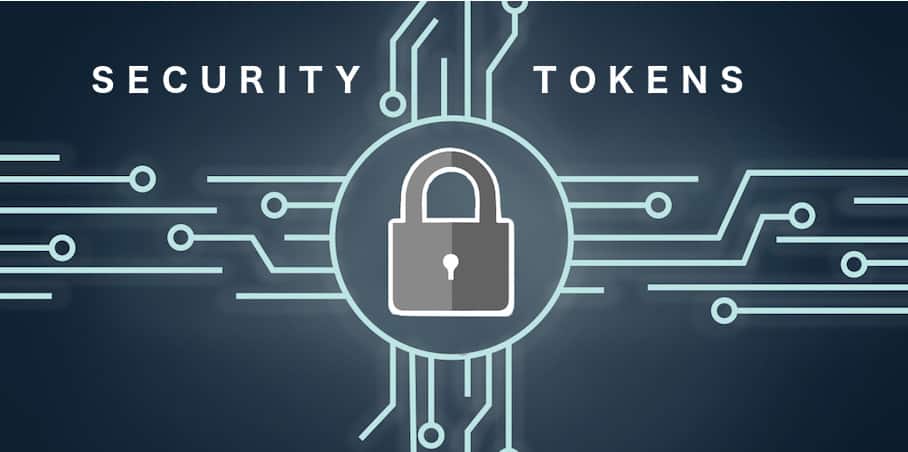Regulatory specifics of Security Tokens
- George Solotarov
- Hits: 362

Unlike cryptocurrencies, Security Tokens are legally recognized as securities, so they are regulated by relevant local and regional financial law bodies. Examples of such bodies are the U.S. SEC and the Swiss FINMA.
The officially accepted definition of a Security Token was given by Tony Pompliano of Morgan Creek Capital. In his guide, he wrote that a Security Token is a digital asset that fully complies with securities laws and is an averaging option between a cryptocurrency and an ordinary physical stock. Speaking of Security tokens as a property right, Pompliano clarifies that it is not only stocks, bonds, and futures. It is also real estate, private equity, and any monetary obligation.
What purpose of Security Tokens?
A Security Token, unlike the Utility Token, discussed below, is linked to real security and is a full-fledged financial investment, a means of investment. Private and public companies issuing these tokens must meet additional regulatory requirements, including reporting. There are a couple of words to say about ICOs because Securities tokens have emerged to solve the main problem of this process.
ICO is an acronym for Initial Coin Offering, which means "initial coin offering." A startup launches an ICO by selling digital tokens for cryptocurrency or fiat to interested investors. In this way, the company receives funds for development, and investors can sell tokens at a better rate in the future. This phenomenon is also called crowd sales. ICO tokens are used as the project's internal currency and are actively traded on exchanges.
So, Security Tokens, which like ICO tokens exist on blockchain technology, solve the problem that arises in the event of a project failure. For ICOs, there can be no guarantees of compensation of invested funds - if a startup fails, no one will compensate investors for invested finances. For Security tokens, there are these guarantees, because we are talking about the digitalization of real assets. Roughly speaking, when you own a Security Token, you own some part of the company.
For this reason, Security Token is often seen as a risk-hedging tool for SAFT ("simple agreement for future tokens"). This is one of today's most popular investment strategies. The SAFT model is just related to investing in emerging projects that use blockchain technology. However, SAFT involves investing in future tokens rather than current tokens (that is, you will get them later, not now). Of course, some risk always remains - it cannot be completely eliminated in any type of investment.
In the next article, we'll look at the main advantages of Security tokens.
Also, if you want to use all available trading tools to increase your capital as soon as possible - follow this link below, or contact us via live chat. Our experts will help you to choose the best strategy for success.

